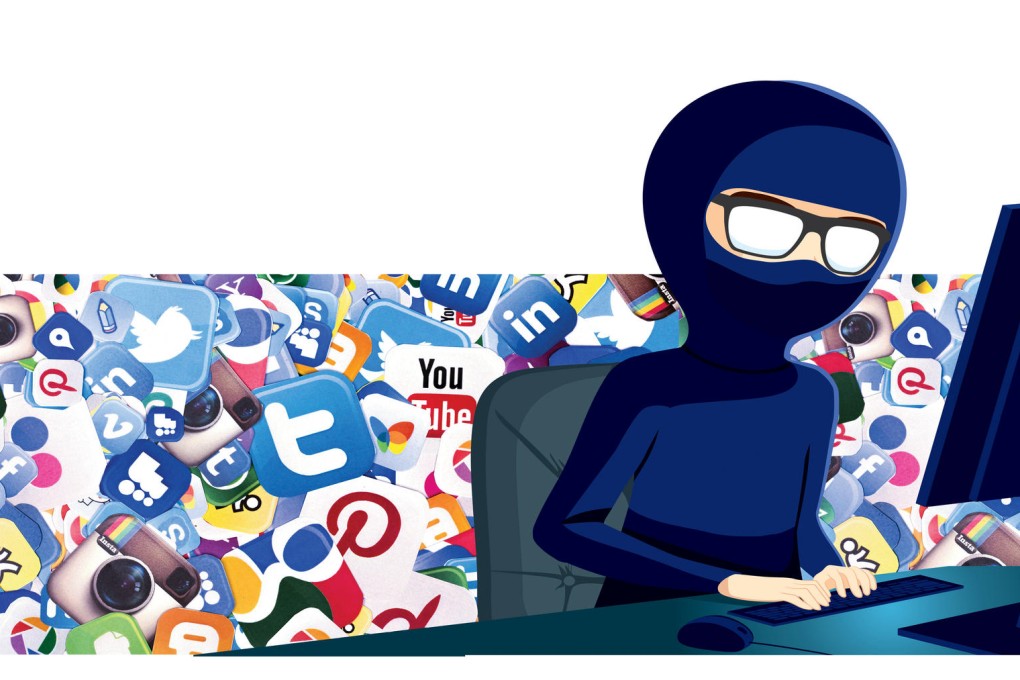Beware the social networks awash with scammers looking to befriend you
Fraudsters hiding behind fake profiles are increasingly populating social networks, on the prowl for new 'friends' to scam

The buxom blonde in a bikini who wants to be your new Facebook friend is probably not all she seems. That brunette with the seductive smile who's following you on Instagram has only posted five photos - all in the past eight hours. Yet she's already following 1,000 other photo sharers.
Their real identity is anyone's guess. It's as likely to be a man, using stolen photos and easily available software that can create thousands of fake identities at the click of a mouse.
Fraudsters are increasingly populating social networks, where they can sniff out personal details that could make account holders victims of identity theft, or charm gullible users into opening a malicious link that will hijack their hard drive.
An average of 30 per cent of profiles on major social networks such as Facebook, LinkedIn, Twitter and Instagram are fake, according to information security specialist Ronald Pong, CEO of Nexusguard Consulting. On what Pong calls the second line of social networks, including Chinese apps WeChat and Momo - available only on mobile platforms and relying on location data - as many as 60 per cent of profiles are bogus, he says.

"The environment has been changing over the past few years as more people are now accessing social networks on their mobile phones," says Pong, who is also an adjunct lecturer at the HKU School of Professional and Continuing Education (Space). "A lot of these people are new users. They might not even know how to use social networks on a PC, so they are very easy targets."
Pong says, as with the infamous Nigerian email hoax, the most common criminal activity associated with fake profiles is credit card fraud.